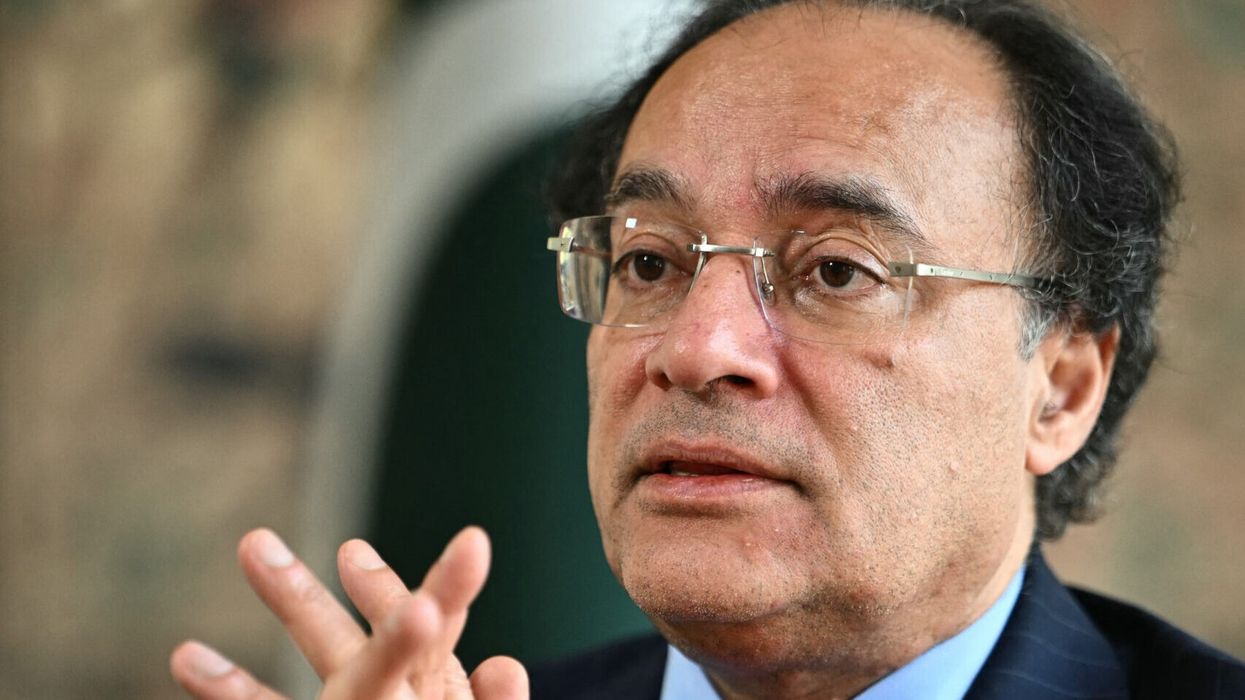PAKISTAN is considering raising its retirement age to reduce burgeoning pension payments ahead of the annual budget and International Monetary Fund (IMF) mission visit, the country’s finance minister Muhammad Aurangzeb said on Tuesday (7).
An IMF mission is likely to visit Pakistan within the next 10 days to discuss a new bailout programme, the minister told a news conference.
Pakistan last month completed a short-term $3 billion (£2.39bn) programme, which helped stave off sovereign default, but the government of prime minister Shehbaz Sharif has stressed the need for a new longer-term programme.
“Steps must be taken to bring pension costs under control,” the finance minister said, adding that pension payments were a “big liability”. The retirement age in Pakistan is 60.
“Age is now just a number,” Aurangzeb added. “Sixty is the new 40.”
Law minister Azam Nazeer Tarar said a committee has been formed to propose pension reform recommendations.
The finance minister stressed the need to reduce non development expenditure. The unfunded liability nature of the pensions and the growth in pension expenditure is increasingly a challenge for the government as it prepares its budget.
Pakistan budgeted 801bn rupees for ($2.88 bn/£2.29bn) superannuation allowances and pensions for the fiscal year 2023- 24 as a current expenditure, up 31 per cent from the 609bn rupees ($2.19bn/ £1.75bn) budgeted for the last fiscal year.
Pakistan’s financial year runs from July to June and its budget for fiscal year 2025, the first for Sharif’s new government, must be presented before June 30.
“A mission is expected to visit Pakistan in May to discuss the FY25 budget, policies, and reforms under a potential new programme for the welfare of all Pakistanis,” the IMF said last Sunday (5). The IMF and finance minister did not specify the dates of the visit, nor the size or duration of the programme. However, Aurangazeb added that Islamabad will also hold talks with the IMF over climate finance.




